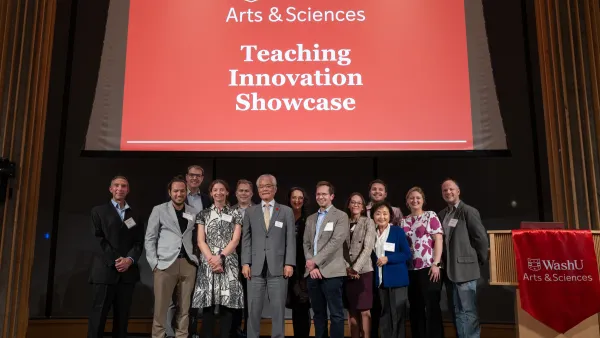Rachel Penczykowski is broadly interested in the ecology and evolution of host–parasite interactions, and how ecological context affects the risk of infection and consequences of disease for hosts.
Penczykowski's research involves a combination of observational studies of natural populations and communities, manipulative experiments in the field and lab, and mathematical models. She has employed these complementary approaches to study host–parasite interactions in both aquatic and terrestrial ecosystems, and her current research focuses on wild populations of herbaceous plants and their pathogens.
Her research themes include:
1. Effects of abiotic and biotic context on host-parasite interactions
How do physical and chemical features of the environment, as well as the broader community of organisms living there, affect the risk of infection and consequences of disease for hosts?
What are the implications of human-driven changes in climate, land use, and biodiversity for host-parasite interactions?
2. Indirect effects of parasitism on communities and ecosystems
Do changes in the density or traits of infected hosts affect other members of the ecological community, altering flows of energy and nutrients through the food web?
Can feedback loops occur in which the effects of disease on ecosystems subsequently alter epidemiological dynamics (Fig. 1)?
3. Eco-evolutionary dynamics of host-parasite interactions
How does ecological context affect the (co)evolutionary dynamics of hosts and parasites?
Over what spatial and temporal scales does the evolution of hosts and parasites affect epidemiological dynamics?



